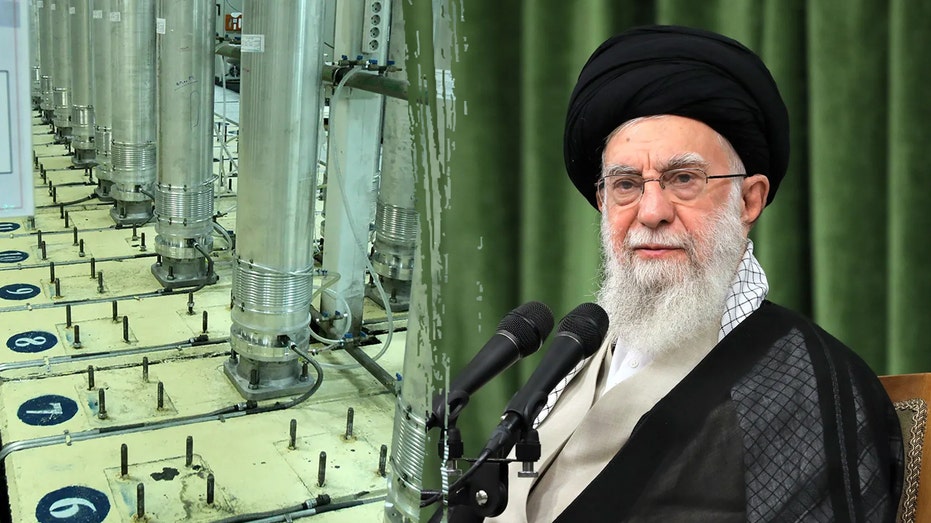Iran Unyielding: Nuclear Ambitions Persist Despite US, Israeli Strikes

Sarah Johnson
July 7, 2025
Brief
Iran persists in nuclear ambitions despite severe damage from U.S. and Israeli strikes on key facilities, using diplomacy to buy time for rebuilding.
Iran's pursuit of a nuclear weapon remains undeterred, even after devastating strikes by the U.S. and Israel inflicted serious damage on key nuclear facilities last month. Sites like Fordow, Isfahan, and Natanz bore the brunt of the attack, with regime spokesperson Fatemeh Mohajerani confirming the extent of the destruction. Yet, the question looms: has this setback truly stalled Tehran’s ambitions, or merely delayed them?
Security expert Behnam Ben Taleblu, a senior director at the Foundation for Defense of Democracies, warns that Iran’s strategy will likely focus on repair and rebuilding. Speaking to digital media, he emphasized that the Islamic Republic’s next moves are uncertain—whether they’ll engage with the international community or retreat into secrecy. 'Repair, reconstitute, and rebuild will be their modus operandi,' he noted, hinting at a regime adept at playing for time.
Despite claims from the Trump administration that the strikes 'obliterated' the targeted facilities, skepticism persists about whether Iran managed to safeguard critical components like enriched uranium or centrifuges before the bombs fell. Israeli officials, meanwhile, remain vigilant, closely monitoring the aftermath as Iran assesses the wreckage left by bunker-busting bombs.
On the diplomatic front, Iran’s signals are mixed. While President Trump has suggested talks could start soon, Iranian Foreign Minister Abbas Araghchi tempered expectations, stating that negotiations won’t resume as quickly as hoped, though diplomacy’s door 'will never slam shut.' Yet, in a defiant move, Tehran suspended cooperation with the International Atomic Energy Agency (IAEA) this week, a decision condemned by the U.S. State Department as 'unacceptable' at a time when peace remains an option.
Ben Taleblu argues that this suspension is a calculated tactic—Iran’s way of wielding diplomacy as a weapon. By limiting IAEA access, the regime not only buys time to rebuild but also sows uncertainty and division among its adversaries. 'This is their most dangerous capability right now,' he cautioned, pointing to Tehran’s knack for turning a weak hand into a strong one at the negotiating table.
At its core, Iran’s nuclear ambition is no fleeting experiment. Rooted in a decades-long vision born during the Iran-Iraq War of the 1980s, this program is tied to a broader geopolitical strategy—an 'ultimate deterrent' for a regime with grand designs for the region and beyond. Military setbacks, no matter how severe, are unlikely to extinguish a 40-year obsession. As Ben Taleblu starkly put it, Iran isn’t engaging in a science fair; it’s chasing a world-altering goal.
Topics
Editor's Comments
Iran’s nuclear game is like a cat with nine lives—strike it down, and it just slinks back into the shadows to plot anew. Tehran’s suspending IAEA access feels like a magician hiding the rabbit before the trick; they’re banking on us arguing over what’s in the hat while they rebuild. Here’s a thought: if diplomacy is their 'most dangerous weapon,' maybe we should send a negotiator with a bunker-buster briefcase—just in case the talks go south!
Like this article? Share it with your friends!
If you find this article interesting, feel free to share it with your friends!
Thank you for your support! Sharing is the greatest encouragement for us.



